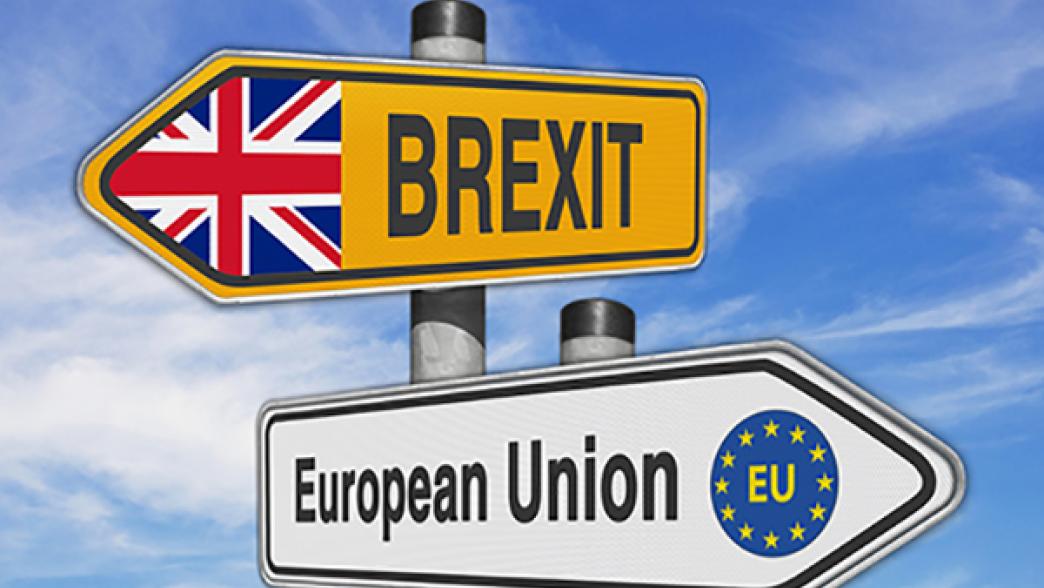What does Sir Ivan Rogers’ decision to leave early mean?

It is rare for the departure of a government official to be the subject of so much instant comment. But in a year which will be dominated by Brexit, the decision by the UK’s top representative in Brussels to leave a few months before schedule is big news, says Jill Rutter.